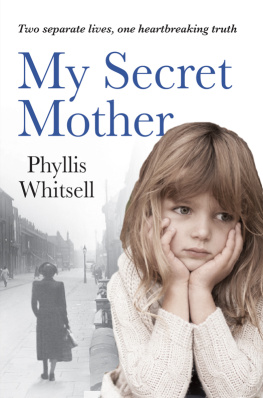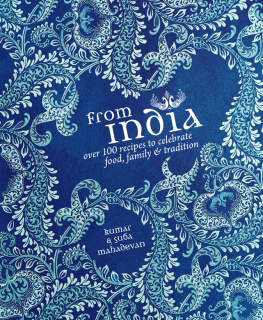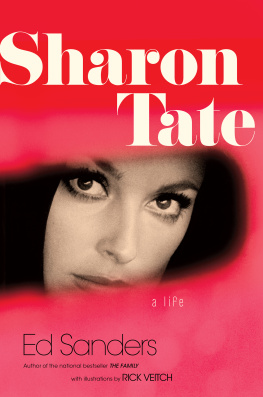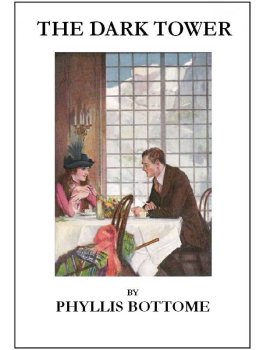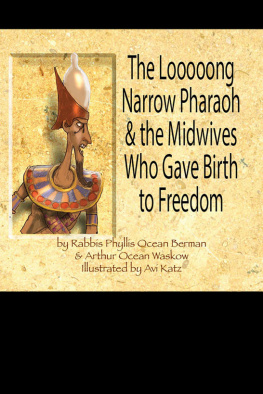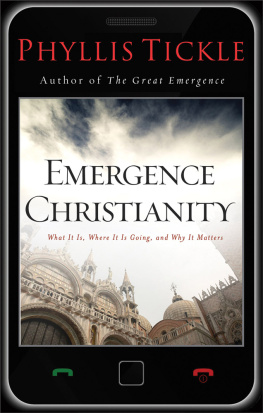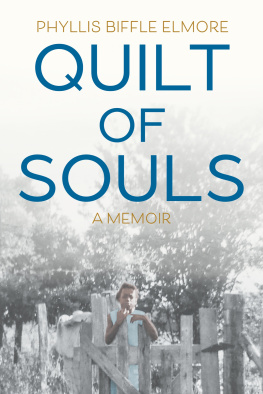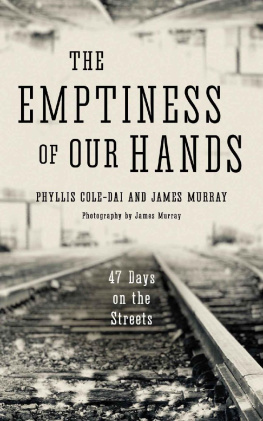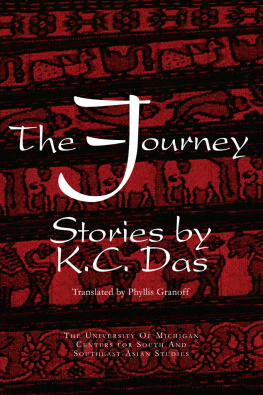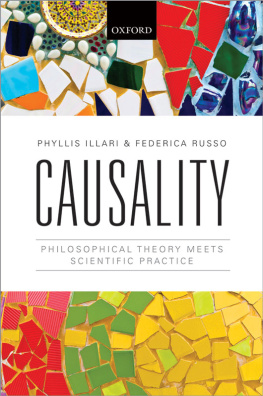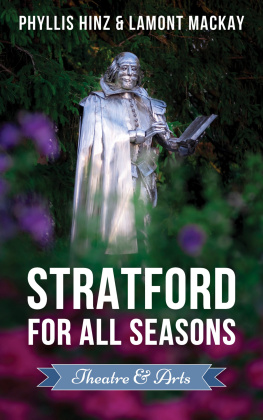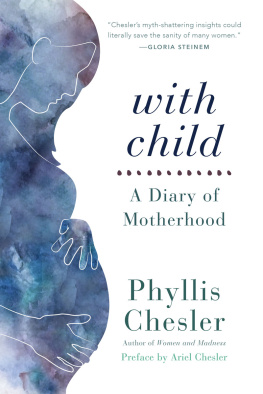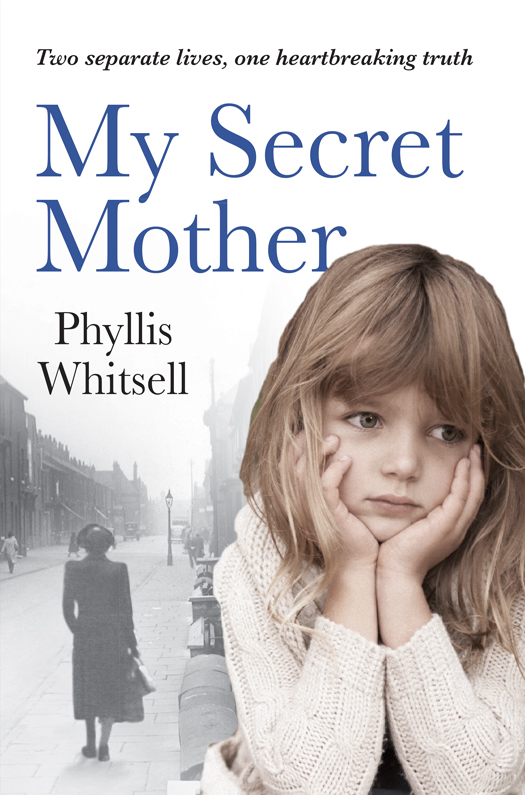Contents
Guide
I only got to know my birth mother when I was 25 years old, but it was some time after her death that I learnt the full details of her early years.
Bridget Mary Larkin was born in Templemore, Co. Tipperary, Ireland, on 11 November 1928. Her immediate family had diminished rather rapidly, and were dysfunctional to say the least. By the age of 14 her mother had died and by 16 she had also lost her father. Hed suffered from ill health for many years; the result of years of smoking and heavy drinking.
According to Bridget he was a lazy bastard. I certainly had the impression that there had been no love lost between her and her father. Forced to grow up quickly, having already left school because of her fathers ill health, she was expected to cook and clean the house, do the laundry and look after her little sister Philomena, who was six years younger. Philomena must have only been eight years old when their mother died.
Bridget had no life of her own and did her best to keep the family together. She later told me that she called her daughter Phyllis after her sister Philomena. I was moved that she had given so much thought to choosing my name.
Two of her three brothers had already left the family home when they reached 16. It was as if they were running away from the life they had in Templemore.
Michael, the eldest, who later married and had two daughters, lived in Dublin, and James, known as Jimmie, had lost contact with the family. Bridget often referred to her two older brothers as being decent men who both lived in Dublin, so maybe that is where Jimmie went to live; but it is uncertain what actually happened to him as nobody ever heard from him again. Irish people seem to head for Dublin in the same way as English people head to London to seek their fortune.
Bridget was not allowed to socialise or have any of her own friends. She worked in a factory in Templemore on a part-time basis, and it appears that her life was far from easy. Then Robert, the youngest of the three brothers and a few years older than Bridget, took complete control of my mother and Philomena after the death of their father. When I knew her, she still often talked about drunken men coming back to the house. I was amused when I first heard this, because she was always in such a drunken state herself. I came to realise it was not at all amusing.
I am almost certain that what happened in the house with Robert was the reason why she drank so heavily, from when she was young. If ever she talked about Robert she would go into a rage.
She was always muddled and I often found her difficult to understand but it was clear she was absolutely terrified of him. He was the main reason why she never wanted to go back to Ireland. She would scream and shudder at the mention of his name and stare into space as if she had been hypnotised.
In my heart I always knew something terrible must have happened to her as she appeared so traumatised. I couldnt ask too much, as that was the one thing that she hated more than anything: anyone asking her questions.
She was never prepared to give any information away. But if she had been drinking (which was usually when the truth came out) she would become angry and start shouting, Hes a wicked man, he just wanted sex, grinding her teeth with her eyes glazed. If Im honest she looked like a woman possessed. I realised that whatever had happened to her at the hands of her brother, it was far too painful for her to relive.
Bridget was 22 years old when Keiran was born. After spending three years in a mother-and-baby unit run by nuns, who were extremely strict and cruel, Bridget decided to try and rebuild her life and moved to England. Maybe the shame of having a child out of wedlock was too much for her.
Bridget moved to Coventry in England at the age of 25, desperate to rebuild her life and try to erase what had happened. Shed been forced to leave Keiran with the nuns in Ireland, and she must have felt so lonely and vulnerable. It is not surprising she turned to alcohol; she didnt really stand a chance.
Three years later, on 18 May 1956, she was left holding the baby again. This time that baby was me. There were two versions of who my father was, but the one certain thing is that he was never involved in my life. She coped until I was eight months old, desperately trying to hold on to the one little person she was able to love.
It was now January 1957 and she was a single mother, with little money, living in a cold, damp bedsit. She was becoming increasingly dependent on alcohol. Eventually she made the decision to take me to Father Hudsons Homes, a Catholic adoption society. My mothers previous experiences with nuns had not been good, to say the least, but on my file it had been documented that she had felt the strict religious nuns were good at looking after children.
I knew very little of this when I finally met my mother again, 24 years later, by then she was using her middle name and was known as Tipperary Mary. I had been warned meeting her would have devastating consequences for my family. But, I was still determined to care for her if I could, and I had an idea just how I might do it
My first childhood memory is of being told off by the strict nuns. If we so much as giggled too loudly we would be told abruptly to be quiet. I always remember them putting their index finger to their lips to reinforce this; the motto at the orphanage was most definitely children should be seen and not heard.
The nursery nurses were very kind, but they were ruled by what the nuns told them to do. The priest visited most mornings and we would be taken into the main hall to say our morning prayers. Sometimes we would go into the church to light a candle. The priest was called Father Taylor and we were all very frightened of him.
The nuns would shout at us when it was time for bed. It was very regimented, and there were no cuddles or bedtime stories. Instead we would have to say the rosary, and as a young child I found it boring.
In the girls dormitory we had open-plan bays of four beds, with glass panels separating us from the next bay. The priest would often stand by a glass panel watching us get into bed. There was a water font by the door as you walked into the dormitory, and Father Taylor would say in his gruff voice that he had brought the holy water to fill up the font.
When the nuns left the dormitories, we would often have a little jump about on our beds when we thought the coast was clear. I remember having great fun leaping from one bed to the next. Father Taylor often came back into the dormitories. He would just stand watching us jump from one bed to the other, but he never appeared cross with us. He would just say in a deep, rugged Irish voice, putting his finger to his lips as if to imply that it was our little secret, Dont tell the sisters or youll be in trouble.
In hindsight it was more likely that he would have been in serious trouble for being there in the first place. In 1998, he was imprisoned for sexually abusing young boys (he died in prison in 2001) as a child I thankfully didnt have any idea that such horrible things could happen. It sent shivers down my spine when I later read about the awful abuse those poor boys had to endure at the hands of that evil man in the 1950s and 1960s.
I did have some happy experiences, and one in particular. When I was about three years old I spent a great deal of time with another orphan called Brendan, who was about five years old. We would say to each other that we hoped one day we would be able to be brother and sister.

